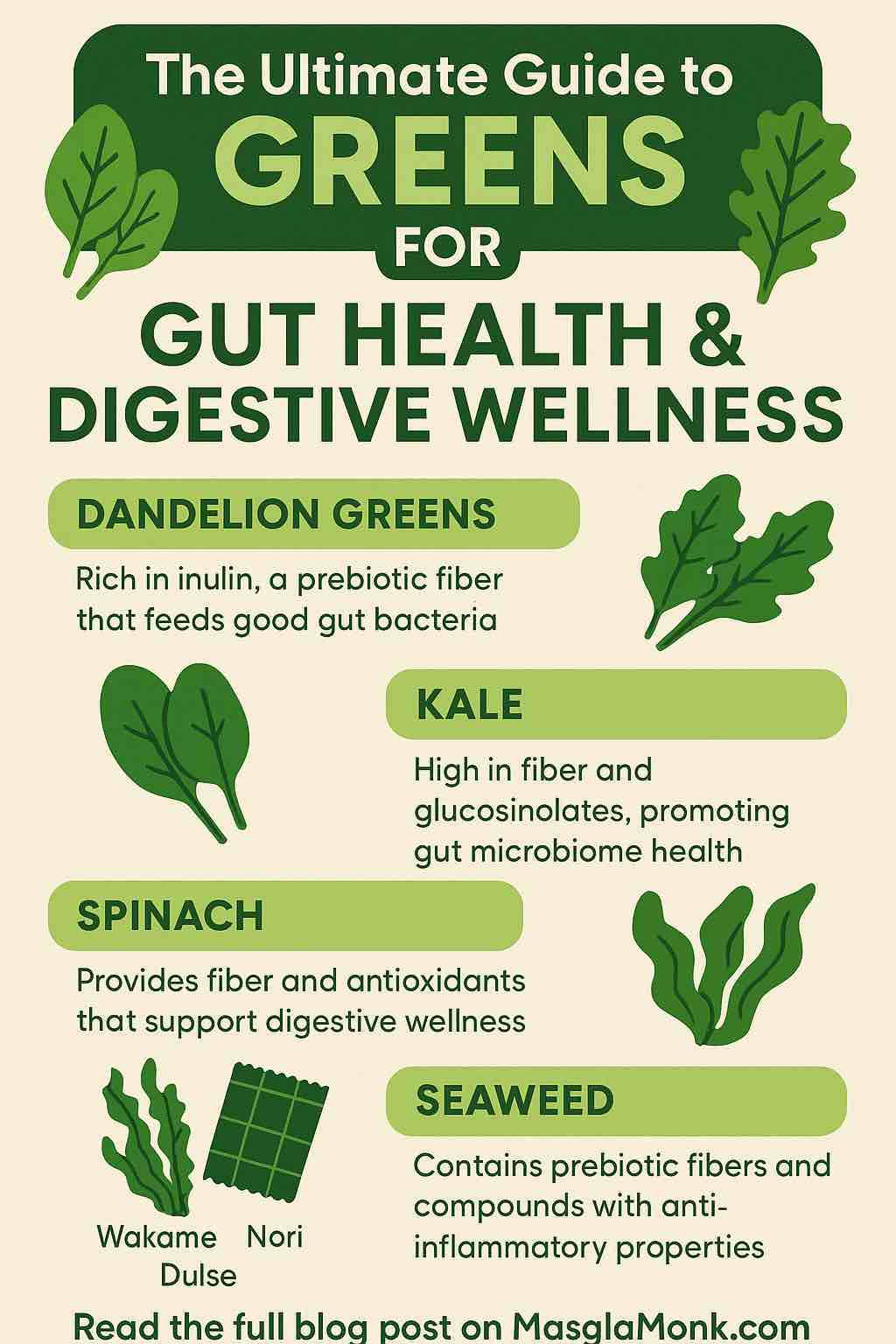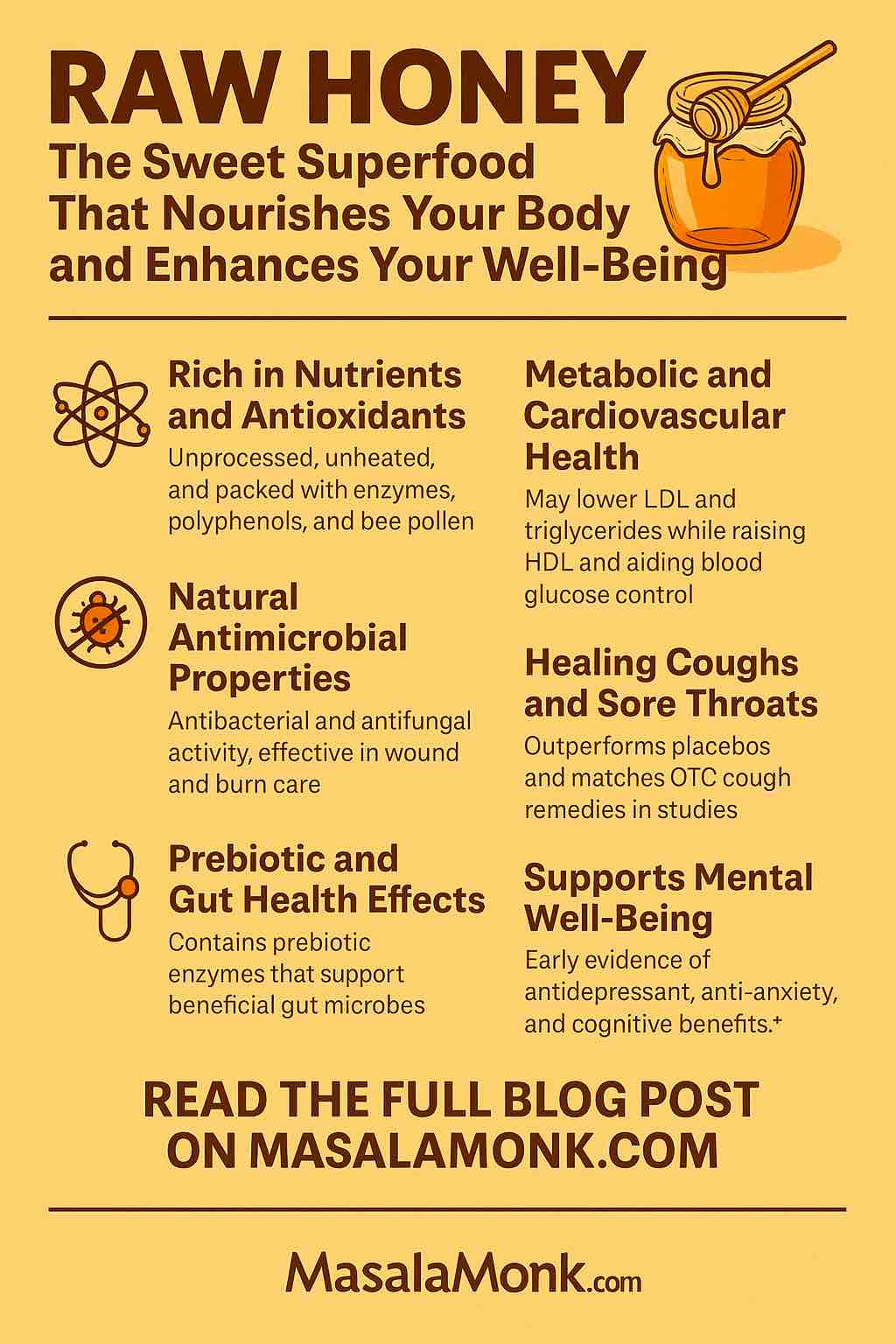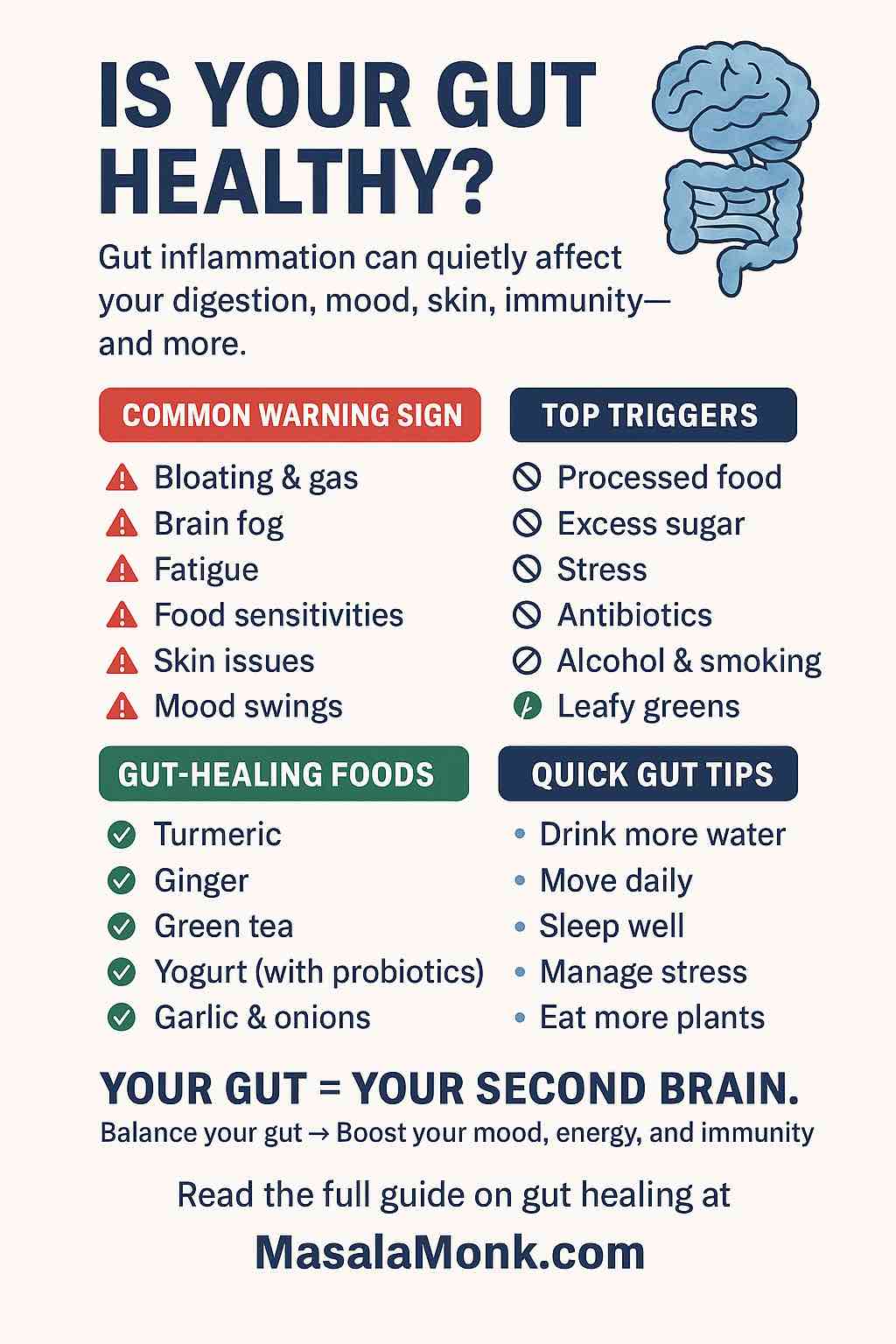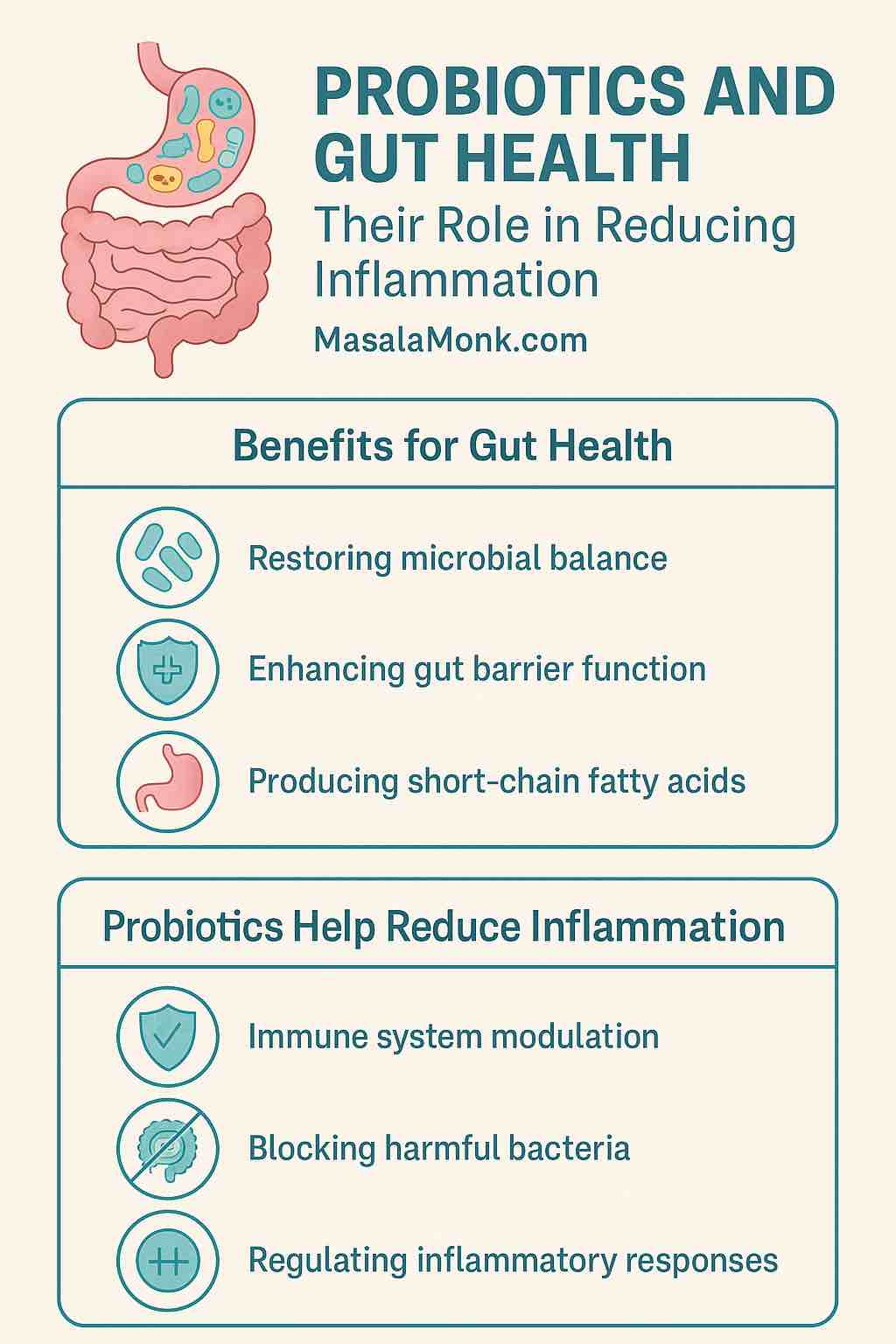
Gut health is having a moment—and for good reason. The human gut isn’t just where food is digested; it’s the command center for immunity, mood, metabolism, and long-term disease prevention. The star of the show? Your gut microbiome, a vibrant ecosystem of trillions of bacteria, yeasts, and other microorganisms. And what you eat is the single biggest factor influencing your microbiome’s balance.
Of all the foods available, greens—from leafy vegetables to edible seaweeds—stand out for their prebiotic fibers, unique plant compounds, and ability to support digestive wellness. In this post, you’ll discover which greens science says are best for your gut, the reasons why, and exactly how to get more of them on your plate.
Section 1: The Science—How Greens Feed Your Gut
1.1. Fiber: Fuel for Friendly Bacteria
Greens are loaded with dietary fiber, but not all fiber is the same. The fibers in greens act as prebiotics—special food for beneficial bacteria like Bifidobacteria and Lactobacillus. As these bacteria feast on fiber, they create short-chain fatty acids (SCFAs), especially butyrate, which soothes inflammation, strengthens your gut lining, and may lower your risk of diseases ranging from IBS to colon cancer.
1.2. Unique Plant Compounds
Beyond fiber, greens contain:
- Sulfoquinovose (in leafy greens like spinach & kale): a rare sugar that feeds gut bacteria and increases microbial diversity.
- Glucosinolates (in cruciferous greens like kale): plant chemicals broken down into anti-inflammatory molecules.
- Inulin & Oligofructans (especially in dandelion greens): powerful prebiotic fibers that have been shown to significantly boost beneficial bacteria.
- Polyphenols (found in microgreens and seaweed): antioxidants that encourage good bacteria and inhibit bad ones.
1.3. Seaweed: The Next-Gen Gut Food
Edible seaweeds like nori, wakame, and brown seaweed contain unique fibers—alginates, carrageenans, ulvans—that most land vegetables simply don’t have. These fibers support rare gut bacteria and are linked to improved gut barrier function and a stronger immune system. Brand new research (2025) even shows certain seaweeds can increase SCFA-producing bacteria and may protect against colon cancer in animal models.
Section 2: The Best Greens for Gut Health—What’s Backed by Research?
2.1. Dandelion Greens
- Star compound: Inulin
- Gut benefit: Massive prebiotic boost—one of the highest inulin concentrations of any green. Studies show dandelion inulin increases Bifidobacteria, improves regularity, and supports gut lining repair.
- How to eat: Raw in salads, sautéed, or blended in smoothies. If the flavor is too strong, mix with milder greens.
2.2. Kale & Spinach
- Star compounds: Fiber, sulfoquinovose, glucosinolates (kale)
- Gut benefit: Kale and spinach increase SCFA production, enhance microbial diversity, and support anti-inflammatory gut bacteria. Kale also helps the liver detoxify and may reduce colon inflammation.
- How to eat: Raw, steamed, massaged with olive oil, or baked as chips. Add to soups, omelets, and grain bowls.
2.3. Swiss Chard & Collard Greens
- Star compounds: Soluble and insoluble fiber, polyphenols
- Gut benefit: Feed both major groups of gut bacteria; polyphenols have antioxidant and anti-inflammatory effects.
- How to eat: Sautéed with garlic, in wraps, or chopped into stews.
2.4. Microgreens (Broccoli, Mustard, Radish)
- Star compounds: Concentrated vitamins, polyphenols
- Gut benefit: Microgreens can have up to 40x more nutrients than mature plants. Their polyphenols support good gut bacteria and may reduce inflammation.
- How to eat: On salads, sandwiches, in smoothies, or as a garnish.
2.5. Seaweed (Nori, Wakame, Dulse, Brown Seaweed)
- Star compounds: Alginates, fucoidan, ulvans, unique polyphenols
- Gut benefit: Human clinical trials (2024-2025) show brown seaweed increases SCFA-producing bacteria and can even lower markers of inflammation. Seaweed fibers help “train” the microbiome in ways land veggies cannot.
- How to eat: Sprinkle nori flakes on rice, add wakame to soups, or blend seaweed into smoothies. Opt for food-grade, tested seaweed to avoid contaminants.
Section 3: Practical Tips—How to Eat More Greens for Gut Health
3.1. Rotate Your Greens
Different greens feed different bacteria. Variety matters! Rotate between dandelion, kale, spinach, microgreens, chard, and seaweed to support a broad spectrum of microbes.
3.2. Pair with Healthy Fats
Many green nutrients (like vitamins A, E, K) are fat-soluble. Drizzle with olive oil or toss with avocado for better absorption—and a more satisfying meal.
3.3. Start Low, Go Slow
If you’re new to fiber-rich greens, introduce them gradually. This gives your gut time to adjust, reducing the risk of bloating or gas.
3.4. Try Fermented Greens
Fermenting greens (like kimchi or sauerkraut) adds a probiotic boost, delivering live bacteria alongside the prebiotic fiber.
3.5. Be Cautious with Wild Seaweed
Some wild seaweed can harbor bacteria like Vibrio. Always choose tested, food-grade products (usually labeled as such in health stores or from reputable online suppliers).
Section 4: Real-World Meal Ideas
Breakfast:
- Green smoothie (spinach, microgreens, avocado, banana, oat milk, chia seeds)
- Omelet with sautéed kale, dandelion greens, and feta
Lunch:
- Massaged kale salad with olive oil, lemon, walnuts, and roasted sweet potatoes
- Collard green wraps stuffed with hummus, carrots, and microgreens
Snack:
- Nori seaweed snacks
- Swiss chard chips (baked with olive oil)
Dinner:
- Stir-fry with dandelion greens, tofu, and brown rice
- Miso soup with wakame seaweed and tofu
Section 5: Frequently Asked Questions
1. Which green is the single best for gut health?
Dandelion greens are considered one of the best for gut health due to their high inulin content, a prebiotic fiber that specifically nourishes beneficial gut bacteria.
2. Can I eat greens raw, or should they be cooked for gut health?
Both raw and cooked greens are valuable. Raw greens retain more enzymes and vitamin C, while cooking can increase bioavailability of some nutrients and make fibers easier to digest for sensitive guts. Try to include a mix of both in your diet.
3. Is seaweed safe to eat every day?
Food-grade, tested seaweed is generally safe in moderate amounts. However, excessive consumption can lead to high iodine intake. Most health authorities recommend 2–3 servings per week for adults.
4. Are green powders or supplements as good as fresh greens?
While green powders can supplement your diet, they lack the water and full fiber content of fresh greens. Use them as a backup, not a replacement for whole foods.
5. What if I experience bloating when increasing greens?
This is common when introducing more fiber. Increase your intake gradually, drink plenty of water, and consider lightly cooking greens to reduce bloating. If symptoms persist, consult a healthcare provider.
6. What are the best greens for people with sensitive digestion or IBS?
Spinach, romaine lettuce, and cooked Swiss chard are typically well-tolerated. If you’re sensitive to FODMAPs, introduce inulin-rich greens like dandelion very slowly and monitor your response.
7. Can children and seniors benefit from eating more greens for gut health?
Yes! Greens support gut health at all ages. Just ensure the greens are prepared in an age-appropriate way—chopped small for kids, cooked soft for seniors.
8. How can I add more greens to my diet if I don’t like the taste?
Blend greens into smoothies with fruit, add them to sauces or soups, or bake them as chips. Combining greens with flavorful dressings or spices can make them more palatable.
9. Are fermented greens better for gut health?
Fermented greens (like sauerkraut and kimchi) provide both prebiotics (fiber) and probiotics (live beneficial bacteria), making them an excellent choice for gut health.
10. Do I need to wash store-bought greens and seaweed?
Yes. Even pre-washed greens should be rinsed before eating. For seaweed, buy food-grade, certified products and follow any preparation instructions on the packaging.
Section 6: The Future—Greens, Seaweed, and Microbiome Medicine
The research is moving fast. Human trials now show seaweed and diverse greens can:
- Increase the abundance of beneficial SCFA-producing bacteria
- Reduce inflammation
- Support colon health, even lowering markers of cancer risk in preliminary studies
The bottom line? A daily habit of rotating leafy greens and adding a few servings of safe, food-grade seaweed could be one of the simplest ways to support lifelong gut health and wellness.
Conclusion: Simple Steps for a Happier Gut
- Eat greens daily, and rotate types for max benefit
- Try adding food-grade seaweed to your diet weekly
- Pair with healthy fats for better absorption
- Start slow, listen to your body, and enjoy the journey!
Your gut—and the rest of your body—will thank you.
What are your favorite greens—or questions about gut health? Drop them in the comments!













